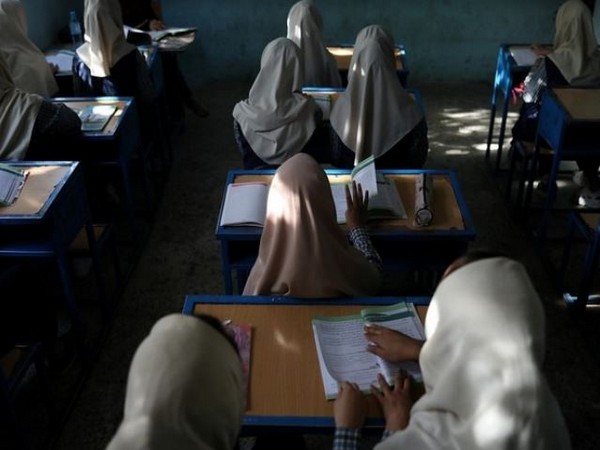BSO-Pajjar Raises Alarm Over Balochistan's Plummeting Education Standards
The Balochistan Students Organisation (BSO-Pajjar) highlights the deteriorating education system in Balochistan and plans a roundtable to address quality and institutional issues. Key concerns include rising tuition fees, administrative corruption, and underfunded institutions. Protests and the lack of basic amenities compound the challenges facing the education sector.

- Country:
- Balochistan
The Central Committee of the Balochistan Students Organisation (BSO-Pajjar) has voiced grave concerns regarding the declining state of education in Balochistan, according to a report by Dawn. In a recent meeting, the committee resolved to convene a roundtable conference aimed at tackling issues of educational quality and institutional decay.
Founded on November 26, 1967, in Karachi, BSO is the largest ethnic Baloch student organisation in Pakistan, operating mainly through its two factions: BSO-Pajjar and BSO-Mohiuddin. Both factions are integrated into Pakistan's parliamentary framework. BSO-Pajjar Chairman Balaach Qadir Baloch criticised the commercialisation of education, citing problems such as administrative corruption, poor planning, and favouritism. He also highlighted financial crises affecting numerous higher education institutions, including Makran Medical College, where staff have protested over unpaid salaries.
Baloch condemned escalating tuition fees across universities, the inactivity of Shaheed Sikandar University in Khuzdar, and delays in establishing Rakhshan and Naseerabad universities. Notably, Kohlu Girls College, inaugurated in 2007, remains non-operational due to unfilled faculty positions. The committee's meeting also discussed broader political issues and organisational matters, condemning the government's decision to place student leaders and political activists on the Fourth Schedule list, decrying this restriction on freedom of expression as unacceptable.
Challenged by chronic underfunding and resource shortages, Balochistan's education system is in dire straits. Schools and colleges lack basic amenities like clean drinking water, functional toilets, and electricity, severely impacting the quality of education. Reports from the Pakistan Education Statistics and the Human Rights Commission of Pakistan (HRCP) highlight the grim state of infrastructure and resource scarcity.
The region faces acute teacher shortages and low morale among educational staff, with financial mismanagement leading to university staff protests. The World Bank notes that poor teacher training exacerbates these issues, further declining educational standards. Administrative corruption and favouritism are pervasive, reflecting broader systemic issues within higher education.
(With inputs from agencies.)










